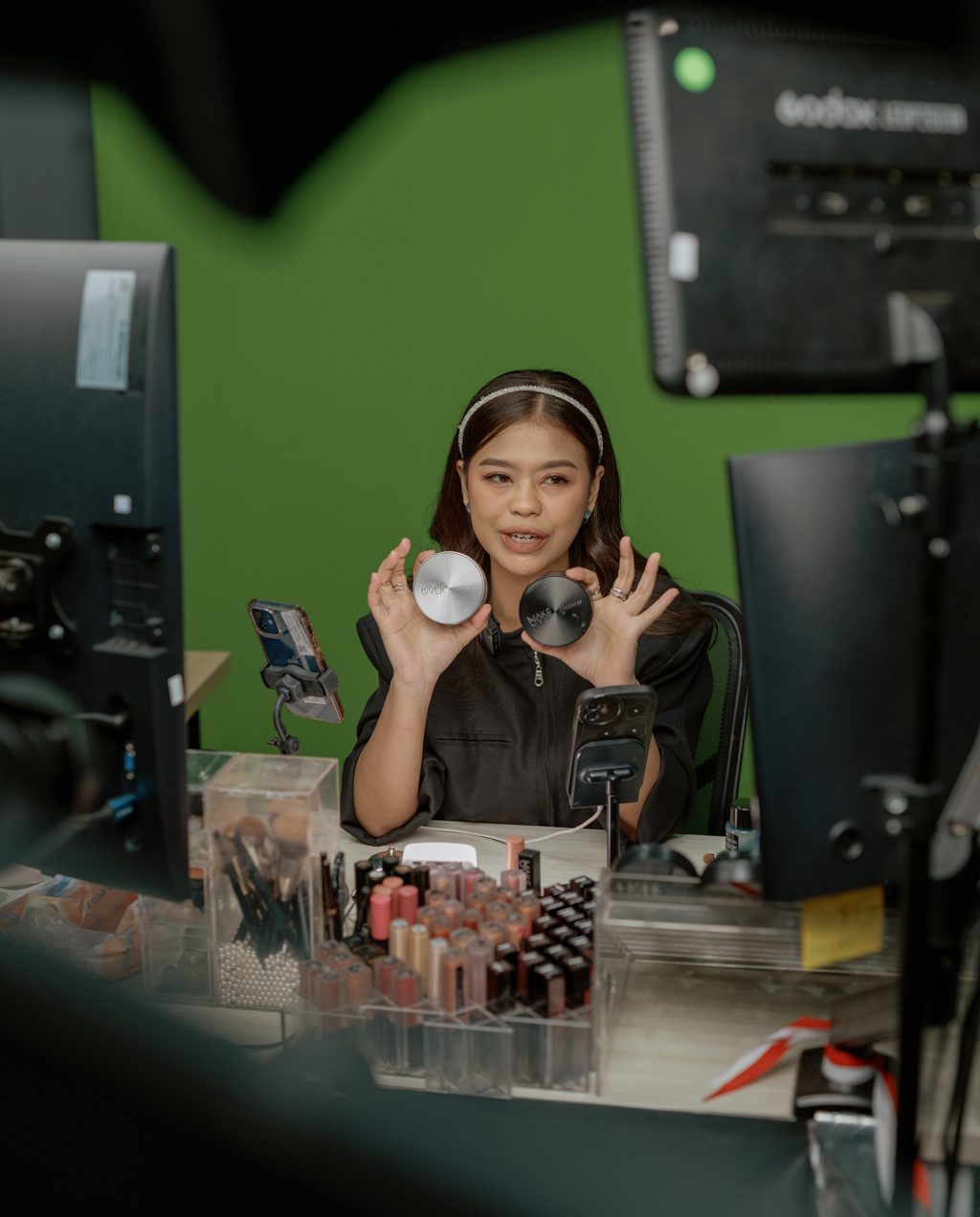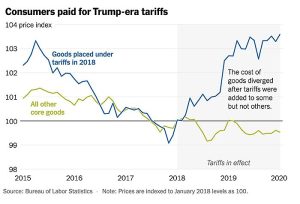Indonesia’s Halal Cosmetics Boom: Paragon Technology’s Global Ambitions

By Duggan Flanakin
Persistence Market Research predicts the global halal cosmetics market—encompassing skincare, haircare, makeup, fragrances, and personal care—will more than double by 2032, rising from $53.7 billion to $120.2 billion. Another forecast anticipates it reaching $171.7 billion by 2033.
Nearly half the world’s Muslim population, approximately 835 million people, resides in Indonesia, Pakistan, India, and Bangladesh. An additional 400 million Muslims live in 16 Middle Eastern nations, including 1.5 million in Israel, making the region the second-largest market for halal goods globally. Egypt, Turkey, and Iran each host over 80 million Muslims, while Iraq, Saudi Arabia, Yemen, and smaller states like Syria, Jordan, the United Arab Emirates, and other emirates also show growing demand for halal cosmetics, attracting attention from major firms.
Indonesia’s cosmetics industry was valued at $7.4 billion in 2024, accounting for one-seventh of the global market. This growth is accelerating under President Prabowo Subianto’s economic development focus. Paragon Technology and Innovation, Indonesia’s largest cosmetics company with a 25% domestic market share, began as a family-run business in a garage 40 years ago.
Last year, Paragon customers purchased hundreds of millions of products, including facial cleansers, lip creams, sunscreen, and items from its 14 beauty brands, such as the flagship Wardah line. In 2022, Wardah became the first Indonesian halal cosmetics brand to showcase at London Fashion Week. The company operates 43 distribution centers in Indonesia and recently opened a new headquarters, with annual revenues 400 times higher than in 2001.
Paragon’s initial growth surge coincided with Indonesia’s Hijrah movement between 2008 and 2010, which saw more women adopt Islamic values, including halal cosmetics. The market’s expansion is driven by ethical consumerism, population growth, and increased awareness of halal certification. Muslim consumers prioritize products free from harmful or non-permissible ingredients, aligning with religious and health-conscious values.
Non-Muslims also seek halal-certified cosmetics for ethical and clean beauty alternatives. Western firms are now developing products to meet halal standards, which require animal-free, cruelty-free formulas without alcohol or shariah-violating ingredients. Products must adhere to Islamic principles like ethical sourcing and fair labor practices, with inspectors verifying compliance, including for imported Chinese-made goods.
Halal cosmetics companies use innovative formulations, packaging, and marketing to expand their reach. Younger Muslim consumers, particularly millennials and Gen Z, are pivotal, influenced by social media trends, influencer endorsements, and ethical values. Malaysian influencer Ameera Khan, Somali supermodel Iman Abdulmajid, and former Nisa Foundation director Yasmine Youssef exemplify this trend.
At the Harvard Asia Business Conference in March, Paragon’s Dr. Sari Chairunnisa outlined the company’s global expansion strategy, including regional offices to establish a strong international presence and partnerships with local manufacturers. Salman Subakat, CEO of Paragon Corp., emphasized the family business’s goal to share its brand and values globally, stating, “We want to bring Paragon—and a bit of Indonesia—to the world.”
Paragon is negotiating with Saudi Arabia to create a local halal cosmetics company, leveraging its brand and talent. Egypt’s halal cosmetics market is projected to reach $14.67 billion by 2030, driven by rising incomes, consumer awareness, and government support. Subakat highlighted the importance of local champions in fostering public education and community well-being.
Nine of the top 10 Net Zero-exceeding companies are family-owned businesses like Paragon, which prioritize mission-driven growth while adopting new technologies and updating products every two years. Subakat noted that Paragon’s daily-use products boost consumer confidence, enabling individuals to contribute positively to society. “As a family-owned business,” he said, “it is easier to stay true to our mission while innovating and promoting ethical leadership.”







